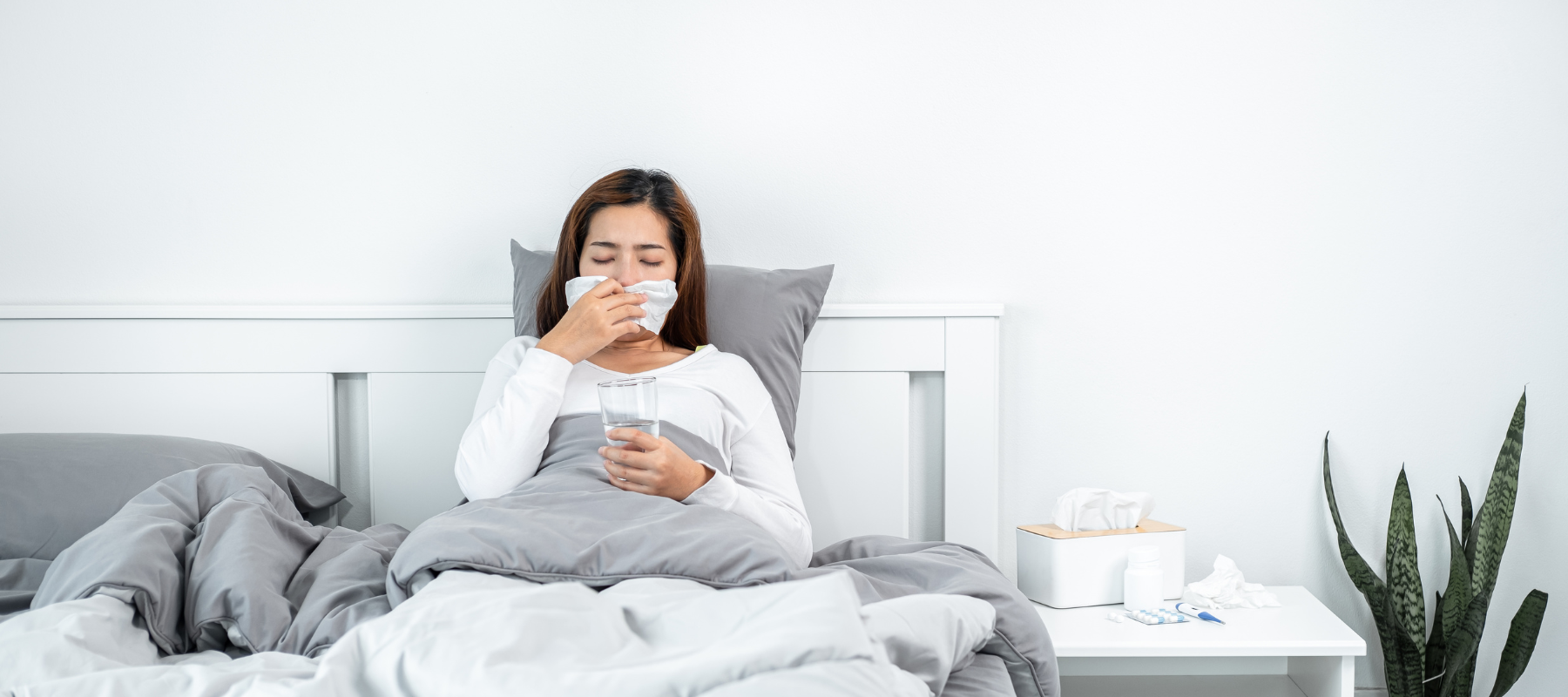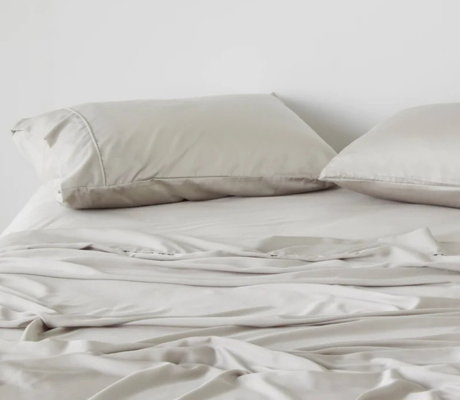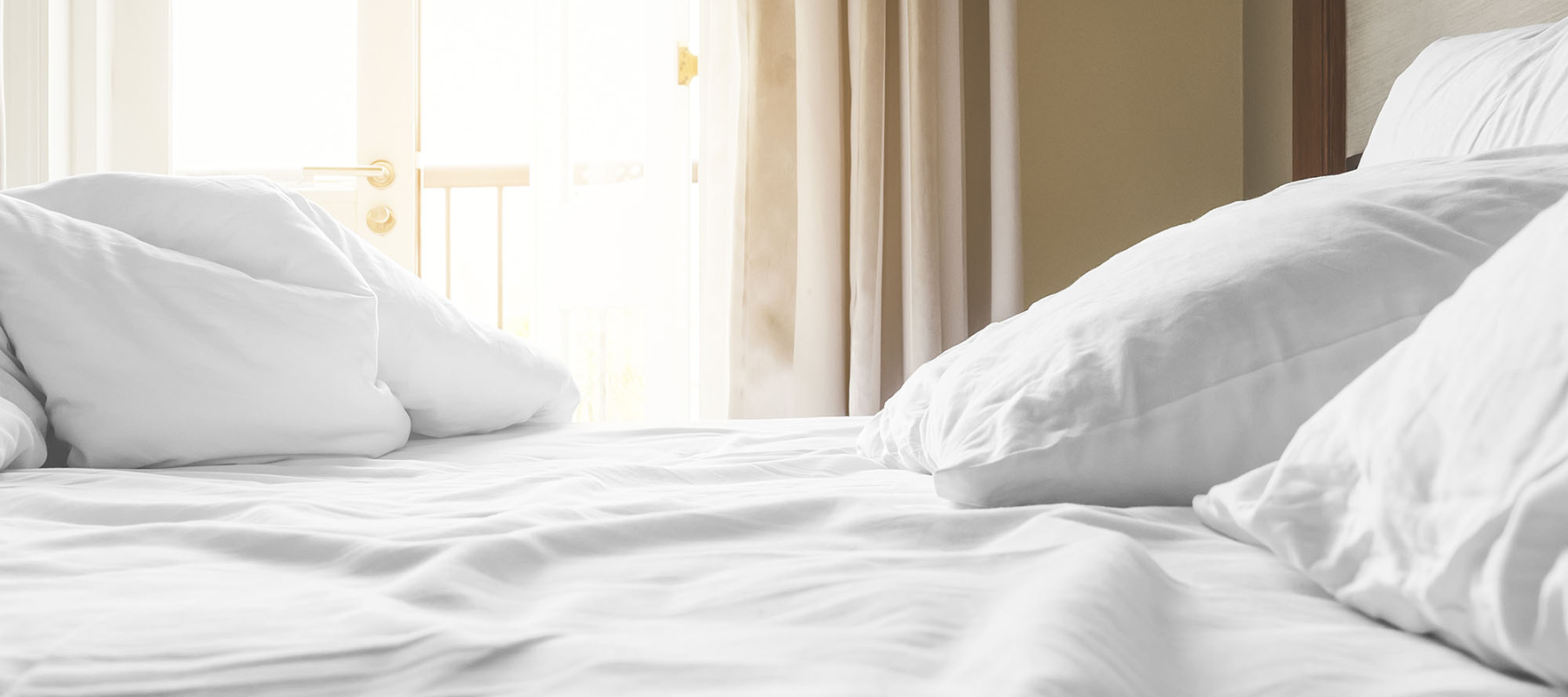
The Connection Between Bedding & Allergies: Tips for a Healthier Sleep Space
Are you someone who constantly sneezes, coughs, or has trouble breathing while you sleep? If so, your bedding could be the culprit. Dust mites, pollen, and other allergens can accumulate in your bedding, leading to a range of allergy symptoms.
Here are some tips for creating a healthier and hypoallergenic sleep environment.
The Dangers of Allergens in Bedding
Allergens in bedding can lead to a range of unpleasant symptoms, such as coughing, sneezing, itching, and watery eyes. They can also cause breathing difficulties, particularly in people with asthma or other respiratory conditions. Furthermore, allergens can disrupt sleep quality, leading to daytime fatigue and other health problems.

How Changing Your Bedding Can Help
Eucalyptus sheets and bamboo sheets are two hypoallergenic options that can help reduce exposure to allergens in bedding. Eucalyptus sheets are made from the pulp of the eucalyptus tree and are naturally hypoallergenic and gentle on sensitive skin. They're also moisture-wicking, which means they'll keep you cool and dry all night long.
Bamboo sheets are similarly hypoallergenic and are naturally resistant to odors and bacteria. They're also incredibly soft and silky to the touch, making for a luxurious sleep experience.
Tips for a Healthier Sleep Environment
In addition to choosing hypoallergenic bedding options, here are some other tips for creating a healthier sleep environment:
- Wash bedding regularly - Dust, pollen, and other allergens can accumulate in bedding over time. Make sure to wash your sheets, pillowcases, and comforters regularly in hot water to kill any dust mites or bacteria that may be lurking.
- Use hypoallergenic detergent - Standard laundry detergent can contain fragrances and other chemicals that may irritate your allergies. Switch to a hypoallergenic detergent that's free of fragrances, dyes, and other irritants.
- Vacuum your bedroom regularly - Dust and other allergens can accumulate quickly in your bedroom, particularly on carpets and rugs. Make sure to vacuum regularly, using a vacuum cleaner with a HEPA filter to capture even the tiniest particles.

- Invest in hypoallergenic pillowcases and comforters - Your bedding is more than just your sheets. Make sure to choose hypoallergenic pillows and duvet covers as well to keep allergens at bay.
The connection between bedding and allergies is clear. By choosing hypoallergenic bedding options like eucalyptus sheets and bamboo sheets and incorporating regular washing, vacuuming, and investing in hypoallergenic pillows and comforters, you can create a healthier sleep environment and enjoy a more restful night's sleep.





